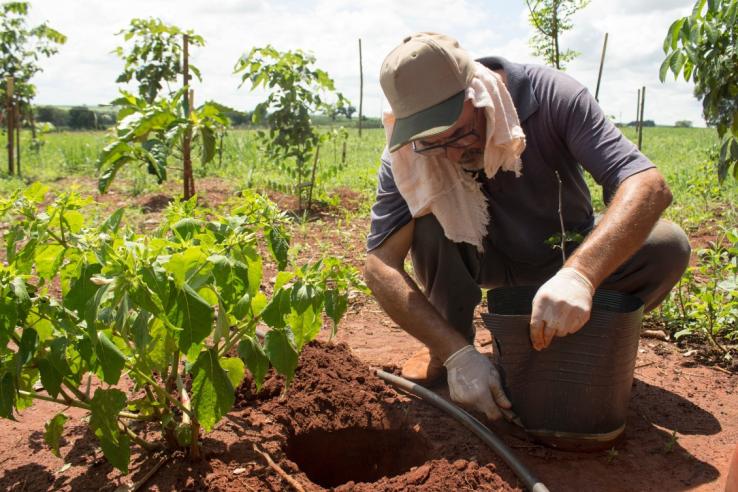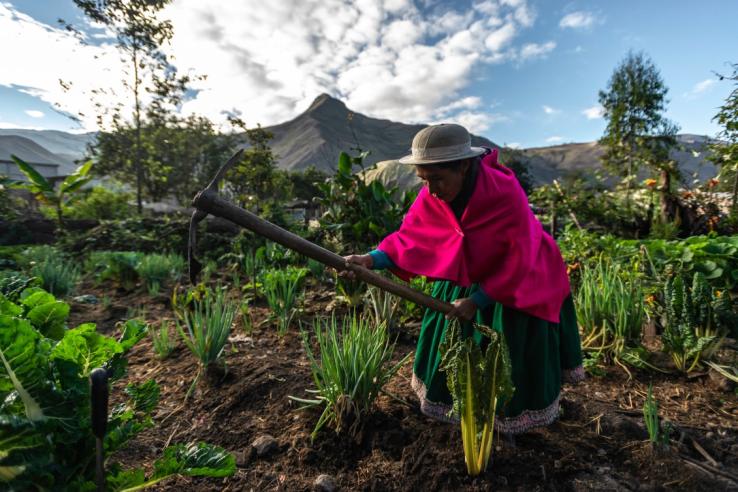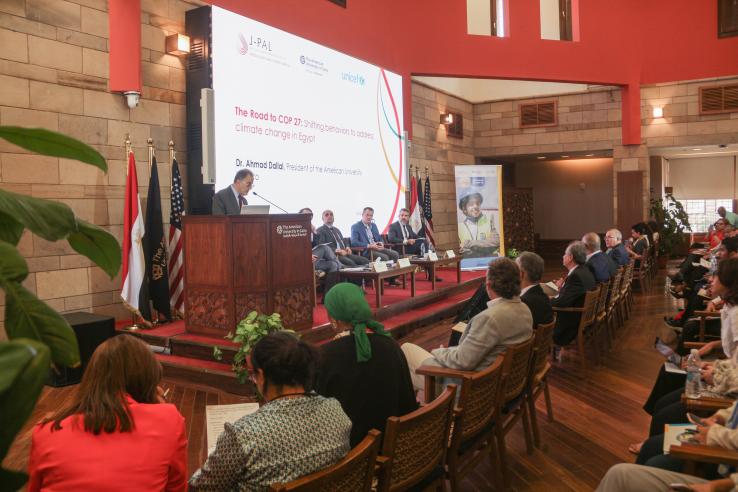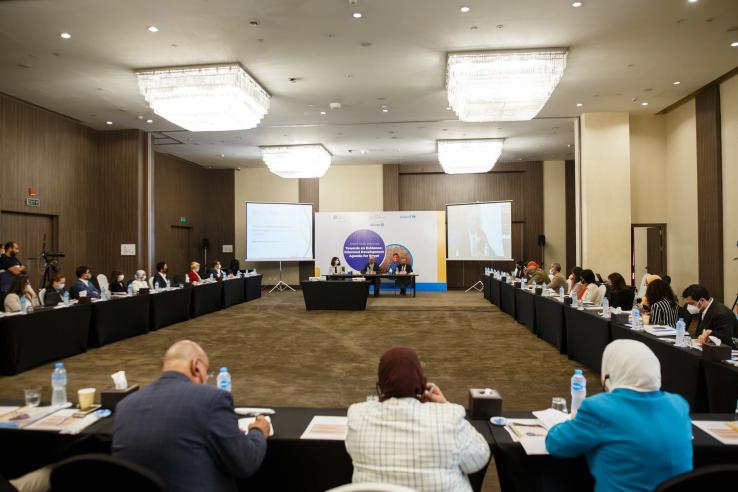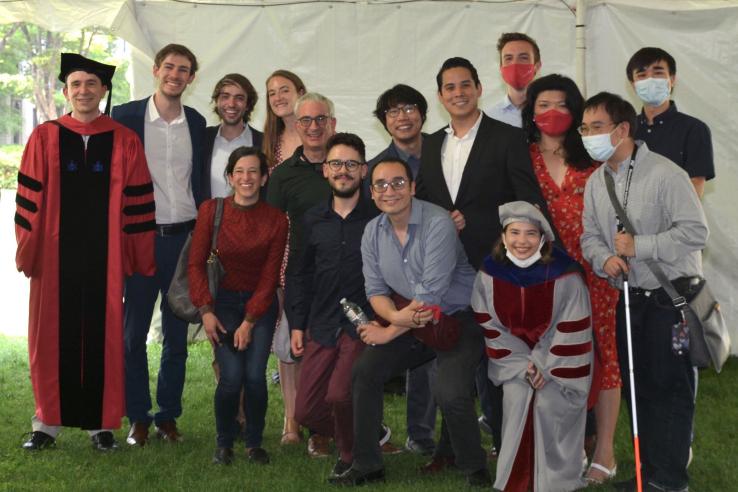Displaying 2926 - 2940 of 8340
Event
Neste webinar, descubra como o J-PAL está trabalhando nisso por meio da King Climate Action Initiative (K-CAI), que busca informar políticas para combater e se adaptar às mudanças climáticas e à pobreza com evidências robustas. Além disso, conheça evidências promissoras para os países da América...
Blog
How can entrepreneurs gain the skills to run a successful business? An emerging body of rigorous research demonstrates the importance of not only training in hard skills, but also soft skills, like communication and self-awareness.
Event
En este seminario web, descubrirás cómo J-PAL está trabajando en ello a través de King Climate Action Initiative (K-CAI), que busca informar políticas públicas para combatir y adaptarse al cambio climático con evidencia. Además, conocerás evidencia relevante y prometedora para la acción climática en...
Blog
In Egypt and globally, low-income populations disproportionately experience a range of climate change-related hazards. Egypt is particularly vulnerable to climate change impacts, with a projected increase in heat waves, dust storms, and extreme weather events. COP27 in Sharm ElSheikh is a...
Blog
Inclusive language helps us report research findings with accuracy and increases the accessibility of our communications. In this post, J-PAL North America and J-PAL Global staff describe how our offices strive to use inclusive language throughout our communications.
Update
J-PAL Updates
J-PAL North America's August newsletter features the launch of two evaluation incubators and stories from previous evaluation incubator partners.
Update
J-PAL Updates
The October 2022 Newsletter features a policy insight on increasing child immunization, a blog post on reducing energy poverty in Europe, and a new affiliate spotlight on Enrique Seira.
Update
J-PAL Updates
J-PAL North America's September newsletter features our work on high-impact tutoring from all angles, including policy decisions informed by J-PAL evidence, a new interactive course on implementing high-impact tutoring, and reflections from a past high school tutor.
Blog
Affiliated researchers Jessica Cohen and Maggie McConnell and our Health Care Delivery Initiative staff highlight the importance of randomized evaluations in maternal and newborn health and discuss future research generation in collaboration with social scientists, clinicians, and policy-makers.
Blog
Kim Dadisman and Cat Darrow, the associate directors of J-PAL North America’s policy & communications and research & training teams, discuss their backgrounds before coming to J-PAL North America, highlights from their work at J-PAL so far, and their top priorities for the year ahead.
Update
J-PAL Updates
J-PAL North America's October 2022 newsletter features blog posts on inclusive language at J-PAL; rigorous research in maternal health; and our Associate Directors of Policy and Research
Event
The next application cycle for the MIT master’s degree in Data, Economics, and Development Policy is fast approaching! Join us for a webinar on Friday, November 4 at 11:00 AM EST to to learn more about the program.
